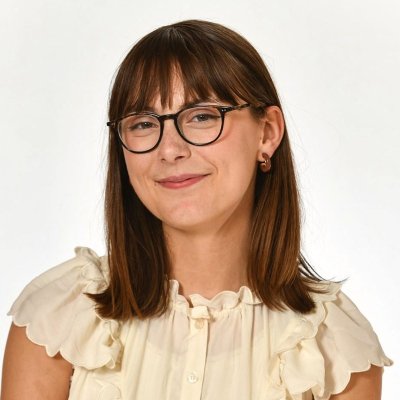Leah Loveday currently serves as the Menstrual Product Program Director at East Tennessee State University, where she plays a pivotal role in addressing menstrual equity and health accessibility for students. As a Junior Roan Scholar pursuing a Bachelor of Science in Community Health, along with...
Leah Loveday currently serves as the Menstrual Product Program Director at East Tennessee State University, where she plays a pivotal role in addressing menstrual equity and health accessibility for students. As a Junior Roan Scholar pursuing a Bachelor of Science in Community Health, along with minors in Global Health and Women's, Gender, and Sexuality Studies, Leah is deeply committed to improving reproductive health outcomes, particularly in the Appalachian region. Her position involves coordinating a dedicated student team to ensure the consistent availability of menstrual products in four high-traffic bathrooms across campus, thereby promoting a supportive and inclusive environment for all students.
In her role, Leah not only oversees the logistics of product distribution but also collaborates closely with the University Pantry for timely product replenishment and program development. This collaboration is crucial in maintaining a sustainable supply chain that meets the needs of the student body. Leah’s expertise in literature reviews and academic writing enhances her ability to advocate for evidence-based practices in menstrual health, while her strong organizational and management skills enable her to effectively delegate tasks and streamline operations within her team.
Leah’s passion for rural adolescent, reproductive, and maternal health drives her to engage in community outreach and educational initiatives that empower students to take charge of their health. By fostering a culture of openness around menstruation and reproductive health, Leah is not only addressing immediate needs but also contributing to a broader dialogue about health equity in the Appalachian region. Her work exemplifies the intersection of community health, gender studies, and social justice, positioning her as a leader in the movement for accessible health resources.







